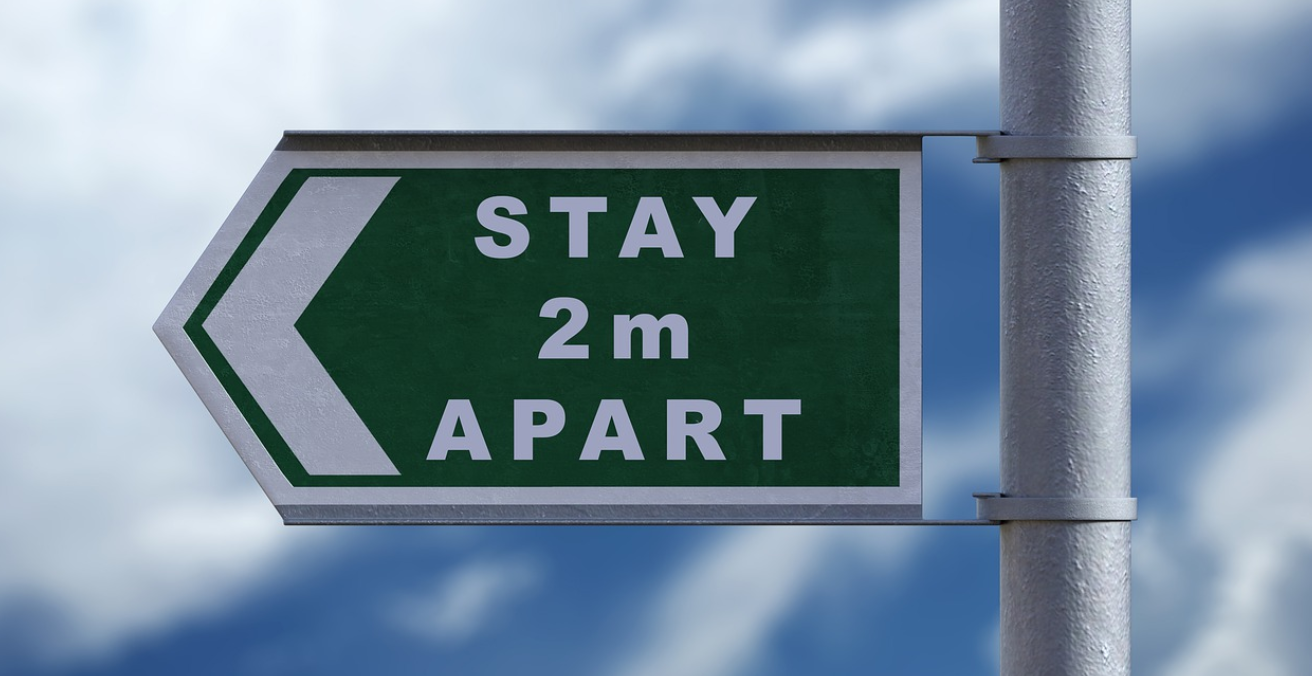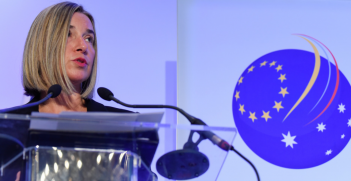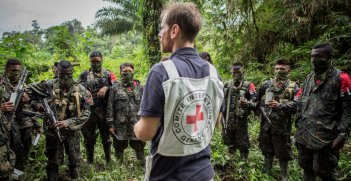Most Read of 2020: Australia in a Post-COVID-19 World

COVID-19 has closed borders, reversed globalisation, decoupled supply chains, and marginalised multilateral institutions. It has been far more effective than the most fervent efforts of the world’s populist nationalists.
This article was one of the most read in Australian Outlook in 2020.
At a time when the world is reverting to its smallest constituent parts — from international system to nation state to city to socially-isolated family unit — it might seem premature to speculate about what happens when the crisis passes. Every Australian national security document of the past 20 years listed pandemic disease as a threat, yet Australia still found it hard to step from prediction to planning. It should not make the same mistake in thinking about what comes next.
The world before coronavirus is not returning. An economic and social shock of this scale is not a freeze-frame moment. The balance of global power, the structure of the international and national economies, the role of multilateral agencies, patterns of social interaction, and ways of work will all be different.
Some existing trends in international behaviour have been strengthened by the crisis. The reassertion of state sovereignty against the fading dreams of cosmopolitanism has been powerfully reinforced. Authoritarian leaders on both the left and right have seized opportunities to strengthen their control. Across democracies, the role of the state has also been boosted.
The vulnerability of single supply lines for medical equipment, pharmaceuticals, and energy will reinforce the geostrategic pressures for decoupling between China and the United States. Everywhere, calls for greater self-sufficiency will grow.
The crumbling US–China relationship has become more poisonous. Mutual accusations about responsibility for the pandemic and tit-for-tat media expulsions have brought relations to a dangerous low. China is offering its resources and experience in handling the virus to build relationships with other countries. In contrast, the United States is absent from any international leadership.
What will Australia’s world be like when this is over? The present contest is one of capability rather than system. Capable states, whether democratic or authoritarian, will address the health and social problems more effectively and get their economies moving faster when the crisis passes. Like Singapore and Germany, Australia, with its effective public institutions, should be among them — whatever the missteps along the way.
Even so, Australia is likely to find itself in a weaker overall position in the post-coronavirus world. The pattern of China’s growth, the structure of its economy, and Australia’s role in it will change. The economic relationship will remain vital for both countries, but due to Chinese demand falling and Australian desire to diversify, the high point of easy integration might have passed. We will have to work harder.
The multilateral institutions most important to Australia will be weaker. From climate change and pandemics to the collapse of the world trading system, 2020 has reminded Australia that a rules-based system that gives all countries a voice is a prerequisite for success in meeting its greatest challenges. Yet some of the most important technical organisations have become stakes in the China–US geopolitical contest. For example, some tried to delegitimise the World Health Organization by painting it as a Chinese tool over the issue of when a pandemic was declared. The G20 has proved itself entirely unable to mount an effective response.
Even so, outside the formal processes of multilateralism, specialist parts of government regulatory agencies and informal research links of specialists networking with their overseas counterparts has been critical.
Since the formation of the South Seas Regional Commission in 1944 and the creation of ASEAN in 1967, support for regional organisations has been important in Australian foreign policy. But from the European Union to ASEAN, the virus has revealed incapacity and divisiveness. In addition to the health dangers, the coming financial shock wave will challenge the main pillars of Australia’s Indo-Pacific strategy, especially Indonesia and India.
Australia’s ally, the United States, looks irrevocably weakened as a global leader, although a lot will hang on the results of the November presidential election. It is hard to think of a global crisis over the past 50 years to which Washington has offered the international community so little response.
Australia needs to find its own clear and consistent voice in Washington and Beijing as it attempts to avert the worst of its deteriorating relationship. Australia should engage effectively in direct high-level discussions with both Beijing and Washington, or risk being crippled in its recovery.
Prime Minister Scott Morrison should ask the Department of Foreign Affairs and Trade to repurpose that “comprehensive audit of global institutions and rules-making processes where we have the greatest stake” that he called for in October and use it in collaboration with other middle powers to identify ways of rebuilding their authority and usefulness.
The weaknesses of regional organisations means that when the next financial crisis comes, Australia’s neighbours will want to know where it stands, and how it will help. As ANU’s Adam Triggs suggests, Australia needs to support its neighbours by encouraging the United States, the IMF, and the G20 to prepare a response that includes loans and currency swap lines.
The lessons of this pandemic must be learned quickly. A national and international review that includes ways of sharing information and keeping equipment and pharmaceuticals flowing, is critical. Australia should play a large part in its development.
Allan Gyngell is Honorary Professor at the College of Asia and the Pacific, the Australian National University, and National President of the Australian Institute of International Affairs.
This article originally was originally published in the East Asia Forum on 29 March 2020.





